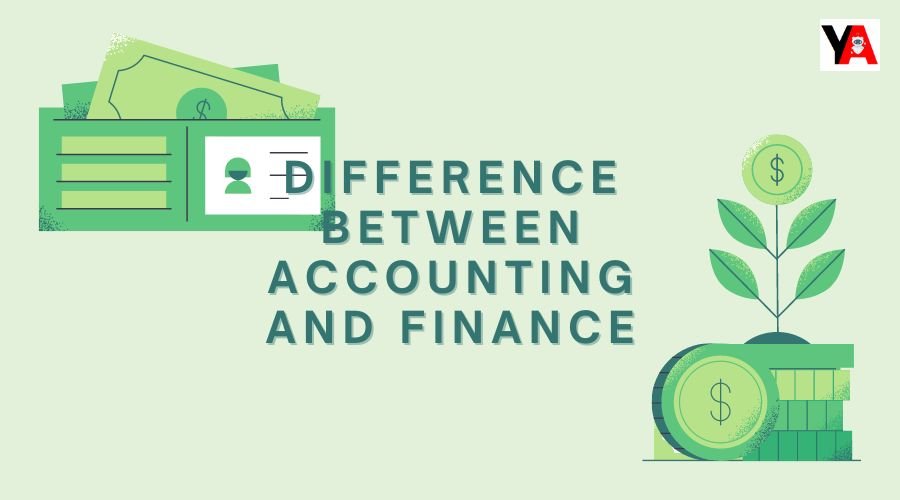Retirement is a phase of life that many look forward to, a time when you can finally kick back and enjoy the fruits of your labor. But a prosperous retirement is not something that just happens. It requires careful planning, thoughtful strategies, and a proactive approach. In this ultimate guide to retirement planning for 2024, we’ll explore key retirement planning strategies to help you secure a comfortable and stress-free retirement.
Table of Contents
ToggleEffective Retirement Planing Strategies
✔ Start Early, Save More
One of the golden rules of retirement planning strategies is to start early. Over time, compounding’s power operates most effectively. Your finances has more time to develop if you start saving early.
Even small, consistent contributions to your retirement fund can accumulate significantly over the years. Take advantage of employer-sponsored retirement plans, such as 401(k)s, and consider contributing at least enough to get the full employer match – it’s essentially free money.
✔ Diversify Your Investments
As the saying goes, “Don’t put all your eggs in one basket.” Diversification is a crucial strategy to manage risk in your retirement portfolio. Spread your investments across different asset classes, such as stocks, bonds, and real estate.
This can help protect your savings from the fluctuations of any single market. Consult with a financial advisor to create a diversified portfolio that aligns with your risk tolerance and retirement goals.
✔ Take Advantage of Tax-Advantaged Accounts
Maximize the benefits of tax-advantaged retirement accounts to optimize your savings. Contributions to accounts like Traditional IRAs and 401(k)s are often tax-deductible, reducing your taxable income in the present.
In contrast, distributions from a Roth IRA are tax-free during retirement. Understand the tax implications of each account and choose the mix that suits your financial situation.
✔ Create a Realistic Budget
Building a comprehensive budgeting is essential for effective retirement planning. Track your income, expenses, and discretionary spending. Find places where you may make savings by making cuts.
A realistic budget will not only help you manage your current financial situation but will also give you a clear picture of the lifestyle you can afford in retirement.
✔ Consider Health Care Costs
Your retirement budget may include a sizeable portion for health care costs. As you age, medical costs tend to increase. Make sure to include health care expenses in your retirement planning.
Understand the benefits provided by Medicare and explore additional insurance options to cover potential gaps. Planning for healthcare costs in advance can prevent financial surprises in retirement.
✔ Stay Informed About Social Security
For many seniors, Social Security is a significant source of income. Stay informed about the age at which you can claim full Social Security benefits and consider the implications of delaying or claiming early.
Understand how your work history affects your Social Security benefits and factor this into your overall retirement strategy.
✔ Create Multiple Income Streams
Relying solely on a pension or Social Security may not be enough to maintain your desired lifestyle in retirement. Explore additional income streams, such as part-time work, rental income, or dividends from investments.
In retirement planning strategies, creating multiple income streams can provide financial stability and flexibility during your retirement years.
✔ Downsize and Simplify
Consider downsizing your living arrangements as you approach retirement. A smaller home can mean lower maintenance costs, property taxes, and utility bills.
Selling unused assets or consolidating your belongings can provide additional funds for your retirement. Simplifying your life can not only boost your financial situation but also reduce stress in your retirement years.
✔ Emergency Fund for Retirement
Maintaining an emergency fund is essential at every stage of life, including retirement. Having a financial cushion can help cover unexpected expenses without compromising your long-term savings.
Aim for an emergency fund that covers three to six months’ worth of living expenses, ensuring you’re prepared for any unforeseen challenges.
✔ Regularly Review and Adjust Your Plan
In retirement planning strategies, retirement planning is not a set-and-forget endeavor. Life is dynamic, and circumstances change. Regularly review your retirement plan, considering changes in income, expenses, and market conditions.
Adjust your savings and investment strategy as needed. A proactive approach to retirement planning ensures that you stay on track to meet your financial goals.
Final Words - Key Retirement Planning Strategies
Retirement planning is a journey that requires careful consideration and ongoing effort. By implementing these retirement planning strategies in 2024, you can enhance your financial security and enjoy a comfortable retirement. Remember, it’s never too early to start planning, and the choices you make today will have a lasting impact on your future. Take control of your retirement destiny, and embrace the possibilities that a well-thought-out retirement plan can bring.
Frequently Asked Questions
The retirement planning process involves evaluating your current financial situation, setting realistic retirement goals, developing investment strategies, considering tax implications, addressing healthcare needs, creating an estate plan, and adapting the plan over time to ensure a secure and comfortable retirement.
The first step in retirement planning is assessing your current financial situation. This involves calculating your income, evaluating your expenses, and identifying potential sources of retirement income such as Social Security and pensions. Understanding your financial landscape forms the foundation for a comprehensive retirement plan.
Retirement can be broadly divided into three stages: the early stage (freshly retired), the middle stage (active retirement), and the late stage (assisted living or full retirement). Each stage comes with unique challenges and considerations, and effective retirement planning addresses the evolving needs and goals at each phase.
Another example of a retirement plan is an Individual Retirement Account (IRA). IRAs come in various forms, including Traditional and Roth. They offer tax advantages and allow individuals to contribute a certain amount annually. IRAs provide flexibility in investment choices, making them a popular option for retirement savings.










I like the efforts you have put in this, regards for all the great content.
Hi andreaflynn,
Thanks for the appreciation.